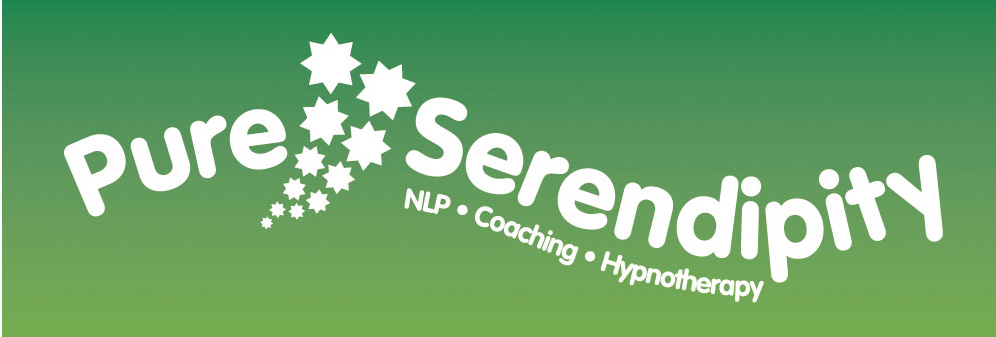My postbag last week included my annual college newsletter. As usual, I turned first to the rear section – which details appointments, publications and birth, marriages and deaths of past students and staff. These days, sadly, I am more likely to find a name I recognise among the deaths, than I am among marriages and births. And so it was this year; sandwiched somewhere between the names of several women who had long since passed their three score years and ten, and a handful of men and women who were not even a twinkle in their father’s eye when I graduated, was a name I recognised.
Not a friend (although we were listed as friends on Friends Reunited long before it was eclipsed by Facebook and other social networking sites) – but someone whom, even though she didn't complete her degree and left sometime during our first year, I remember well. She had a wonderful singing voice – I recall very well the first time I heard her sing (and, over 30 years later, what she sang!) and being amazed that such a rich and mature sound could come from someone my own age. Her obituary mentions this – and some, at least, of her other talents (she was, inter alia, a prolific and published author). But– and I don’t think this is just because she took her own life (though I acknowledge this as a contributory factor) – I was left with a profound sense that if she could rewrite parts of her life, she would.
Whether I’m right about this or not (and, actually, I’d love to be wrong), the important thing here is that while most of us don’t choose the time of our passing, we can and do choose what we’re remembered for, and by whom. And often those choices are made unconsciously. For many of us life, as John Lennon remarked, is what happens when we’re busy making other plans. And it need not be so. In suggesting, you ‘write your own obituary’ I’m not being morbid. Far from it. Consider it as a form of personal stocktaking – fast forward your life by several decades (at least!) and write what you’d like to read and hear people writing and saying about you after your death. Then consider how what you’re doing now may help this become your reality rather than just a dream. And, similarly, what changes you might wish to make to how you do things now.
Are, for example,
• You spending quality time with the people in whose hearts and minds you wish to be remembered with fondness?
• You spending your time making a living or making a life? Yes, there are economic realities – and it is good to test them from time to time to clarify what’s real and what’s imagined so that we can, if we consider it necessary and so choose, readjust our priorities
• your current diet, exercise and health habits likely to support a peaceful, dignified death (if that’s what you desire)?
One of the keys to making changes- whether in our personal lives or elsewhere – is to recognise the gap between where we are now and where we want to be. Writing you own obituary may help you do that.
Life can only be understood backwards; but it must be lived forwards ~ Soren Kierkegaard
Thursday, 27 January 2011
Saturday, 1 January 2011
Happy New Year
I wonder if, like me, you’re already beginning to tire of people asking ‘so, what New Year Resolutions have you made?’. And when they talk about New Year Resolutions (NYRs) they do so in a sort of ‘capital letter voice’ to indicate that this is something Serious and Worthy of Consideration.
Well, I haven’t made any. I have though, made a decision. And that is not to ask anyone about their NYRs. Don’t get me wrong, I think resolutions – decisions to focus determinedly on and work to achieve specific goals can be great. And my latest newsletter shares some thoughts on how to maximise your chances of success when doing so. (If you don’t yet receive a copy automatically, let me know and I’ll happily add you to my mailing list)
But, for me, the most interesting thing right now is not what NYRs have you made – but what are your hopes and dreams for the year ahead. It’s only when you’ve got in touch with and explored that – and possibly been surprised by the result – that it makes sense to sharpen your focus. And, that way, any NYRs you do make are more likely to be linked to what you want rather than rooted in ‘should, ought and have to’s. And that seems to me to be an altogether more promising foundation for a truly Happy New year.
Subscribe to:
Comments (Atom)



